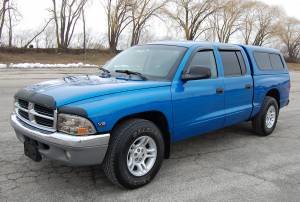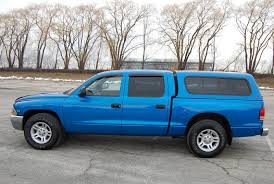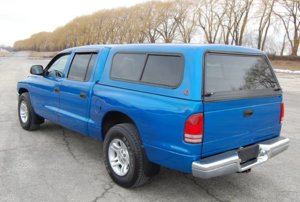Andrew Malsbury
Enthusiast
As this is my first post on the forum, I'll give a small introduction. My name is Andrew M. and I am a rising high-school senior living in New Orleans. As i was raised in central Texas, I am extremely interested in meteorology and severe storms. The school sanctioned senior trip will be to Disney World, but to me and my friend Lillian, that sounds incredibly boring. That's when i put out the idea of going storm chasing and she loved it. That was about 3 weeks ago and we have both been doing research since. Coming across this site has helped me along substantially and i figure i might as well ask for help. Okay intro over...
TLDR: Im a noob wanting help
So here is why i posted in equipment:
My grandfather recently passed and i was given his old 2000 Dodge Dakota Quad Cab that had a camper shell on the back. First question is: is this a decent truck for storm chasing?



After doing some research I put together this quick amazon list of the equipment i should buy to be prepared for just about anything. Is this a good list? http://a.co/bROAABW
Any suggestions for edits on either of the two would be so greatly appreciated. Thanks in advance!
TLDR: Im a noob wanting help
So here is why i posted in equipment:
My grandfather recently passed and i was given his old 2000 Dodge Dakota Quad Cab that had a camper shell on the back. First question is: is this a decent truck for storm chasing?



After doing some research I put together this quick amazon list of the equipment i should buy to be prepared for just about anything. Is this a good list? http://a.co/bROAABW
Any suggestions for edits on either of the two would be so greatly appreciated. Thanks in advance!
Last edited:
